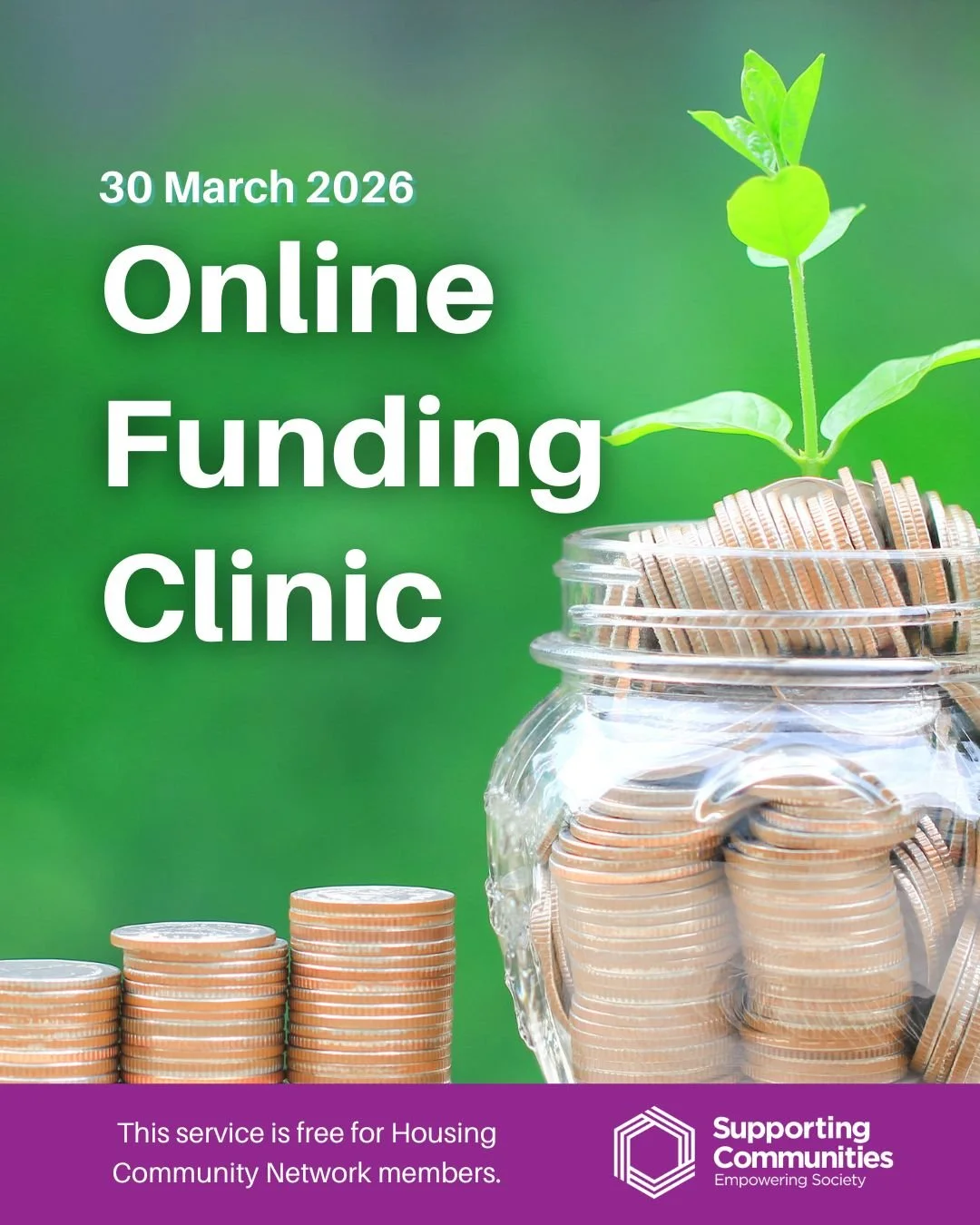Digital Inclusion on the Agenda
/Speaking at the Agenda NI Housing Conference on April 15th, Stefanie McKillop, Digital Inclusion Officer at Supporting Communities, argued for increased resources and an all hands-on deck approach to bridging the digital divide in Northern Ireland.
“Digital literacy is a must-have skill for everyone. It has become an essential tool for modern-day citizenship and participation. No one can afford to be left behind.”
“Northern Ireland continues to be one of the most digitally excluded populations in the UK”, said Stef, “but with the appropriate resources and support, we can all do something to make significant improvements.”
Stef explained the personal and often one-to-one approach that she has been using since the project started in 2012 works best for getting people to take the first steps to get online.
A slide from Stef’s presentation
This past year has driven home the importance of being online to stay connected to friends and family and access goods and services.
At the start of the first 2020 lockdown, Supporting Communities immediately got to work to make sure people had help to get online, and our numbers speak for themselves. We reached more than three times the number of people we normally do in the course of digital skills training over the year.
Supporting Communities has also been helping housing associations to deliver digital skills training to their staff and tenants. By helping housing staff to feel more confident in their own skills and giving them the tools and vocabulary they need to teach others, we are expanding our reach many times over. “We can all be digital champions to the people in our lives who need some help,” said Stef.
Our current project, Connecting During Covid, has equipped 10 people with a tablet and data to access the internet from their homes for a 12-month period. Stef will also be assisting these people with digital skills training as needed.
Stef concluded her talk by reminding the audience that there are still structural barriers to digital inclusion that require action on the part of our government. The connectivity and affordability of high-speed internet, especially in rural areas, remains a problem. More resources for programmes proven to work like Supporting Communities’ approach to digital inclusion are needed. Reaching the people who need it most can be time-consuming but extremely rewarding work.
Stef’s full presentation is below, including a video of some of our recent digital skills participants speaking about how getting online has changed their lives for the better this past year.






